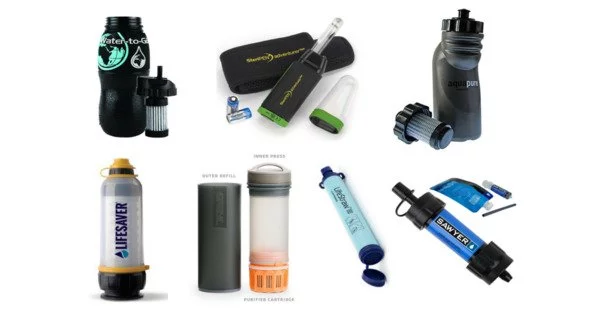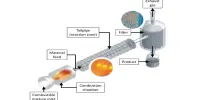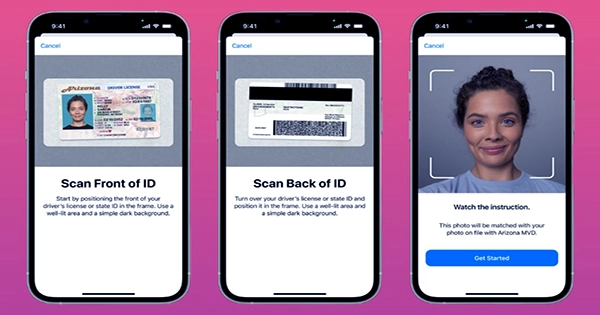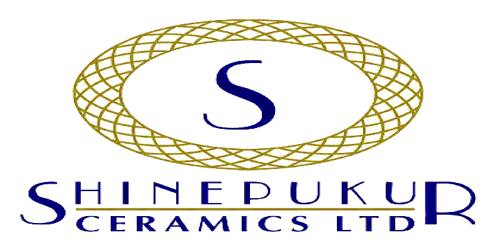Portable water purification refers to the process of making water safe and drinkable while on the go or in situations where clean drinking water is not readily available. Portable water purification devices are self-contained, easily transported units used to purify water from untreated sources (such as rivers, lakes, and wells) for drinking purposes. It involves treating water from potentially contaminated sources to remove or kill harmful microorganisms, chemicals, and other impurities. Their main function is to eliminate pathogens, and often also of suspended solids and some unpalatable or toxic compounds.
These units provide an autonomous supply of drinking water to people without access to clean water supply services, including inhabitants of developing countries and disaster areas, military personnel, campers, hikers, workers in the wilderness, and survivalists. They are also called point-of-use (POU) water treatment systems and field water disinfection techniques.
There are several methods and devices available for portable water purification. Here are some commonly used ones:
- Water Purification Tablets: These tablets contain chemicals like iodine or chlorine that kill bacteria, viruses, and other microorganisms in water. They are portable, simple to use, and effective against a wide variety of pathogens. They may, however, leave a slight taste or odour in the water.
- Water Filters: Straw filters, pump filters, gravity filters, and bottle filters are examples of portable water filters. They work by physically removing contaminants such as bacteria, protozoa, and some viruses from the water. Filters differ in terms of filtration capacity and particle size removal.
- UV Water Purifiers: UV purifiers use ultraviolet light to destroy microorganism DNA, rendering them harmless. These devices are small, light, and effective against the majority of bacteria, viruses, and protozoa. They do, however, require batteries or a power source to function.
- Reverse Osmosis Systems: While reverse osmosis systems are less commonly used for portable applications due to their larger size, they can also be made portable. They use a semipermeable membrane to remove impurities such as bacteria, viruses, salts, and heavy metals, resulting in clean drinking water. Portable reverse osmosis systems are usually small and come with a hand pump or require manual pressure.
Techniques include heat (including boiling), filtration, activated charcoal adsorption, chemical disinfection (e.g. chlorination, iodine, ozonation, etc.), ultraviolet purification (including sodis), distillation (including solar distillation), and flocculation. Often these are used in combination.
















